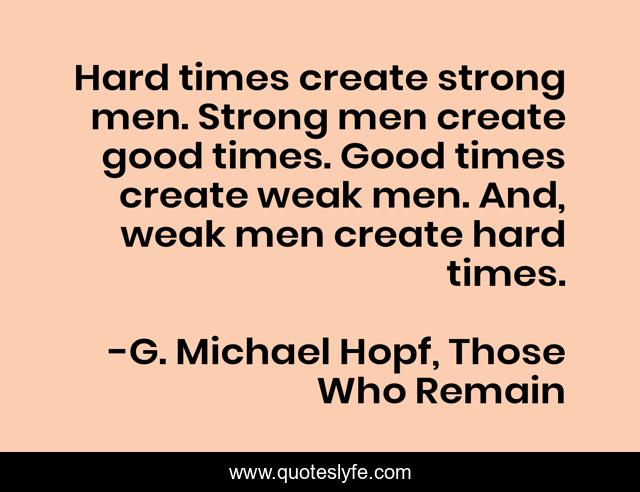
As the University of Birmingham researcher Patrick Porter notes, “commentators have claimed that Iraqis, Afghans, Yugoslavs, Amerindians, Somalis, Turks or Japanese are particularly predisposed to war,” either to justify or caution against military action or diplomatic engagement. More recently, the same trope has reemerged in the invincible insurgent, whose upbringing supposedly renders him immune to the deprivations of combat and campaigning. Perhaps most famously, after the attack on Pearl Harbor collapsed complacent notions of American superiority, the Allied intelligence community swung wildly from the belief in the Japanese as weak and unmanly to notions of how the harsh conditions of training and life in Japan had churned out apparently unstoppable supersoldiers. It also infects modern strategic thinking, especially about non-Western foes.

It is so common as a popular theory of history and military power that it has spawned (like most bad ideas) its own genre of internet memes.

Dune is just one example of the numerous speculative fiction novels that use the idea, from the Conan stories to dreadful Star Trek episodes. The idea, which I have termed elsewhere “the Fremen Mirage” after the science fiction novel Dune’s desert-dwellers, posits that harsh conditions make for morally pure and militarily strong people, while wealth and sophistication make for decadent societies and poor fighters. Michael Hopf, sums up a stunningly pervasive cyclical vision of history.

“Hard times create strong men, strong men create good times, good times create weak men, and weak men create hard times.” The quote, from a postapocalyptic novel by the author G.


 0 kommentar(er)
0 kommentar(er)
